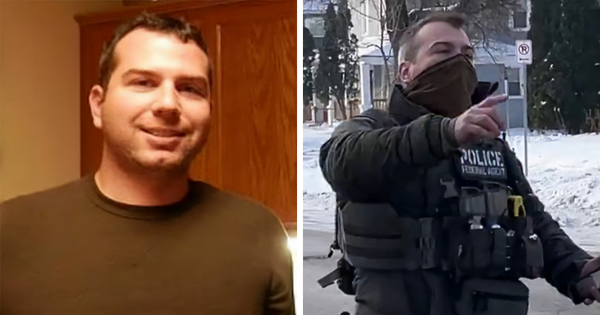
Rescue crews continued on Tuesday to comb through parts of the Texas Hill Country devastated by catastrophic flash flooding over the Fourth of July weekend, but with more than 100 dead and hope fading for survivors, efforts have increasingly turned to search and recovery.
As of Tuesday afternoon, the death toll across the six affected counties surpassed 100. Most of the deaths were in Kerr county, where officials said 87 bodies had so far been recovered, including 56 adults and 30 children. Identification was pending for 19 adults and seven children with one additional person still unidentified, county sheriff Larry Leitha told a news conference.
Texas governor, Greg Abbott, said in a Tuesday evening press conference from Kerr county that at least 161 people are still missing and that many of those who are not accounted for were staying in state’s Hill Country but did not register at a camp or hotel.
At Camp Mystic, five campers and one counsellor remain unaccounted for, Abbott said. The Christian girls’ summer camp on the banks of the Guadalupe River is at the centre of the flood-ravaged region, and at least 27 campers and counselors are known to have died.
Four days after the last person was found alive in the aftermath of the floods, the hope of finding survivors was increasingly bleak.
At the press conference, authorities leading the search for victims seemed to dodge questions over who was responsible for monitoring the weather that killed so many people and warning that flash floods were hurtling toward camps and homes.
The timeline of the official response remains unclear. Despite the fact that the National Weather Service’s first public warning alert for “life-threatening flash flooding” came at 1.14am on 4 July, Leitha told reporters he was not made aware of the flash floods until “between 4 and 5” that morning.
Throughout the periodically heated press conference, he and other Texas officials faced accusations of “ducking” questions regarding Kerr county’s alert system. They repeatedly insisted that their priority was finding victims, not reviewing what happened in the hours before the floods devastated the region.
Responding to a question about the alerts, Leitha said: “As I’ve told you several times, that is not my priority this time. There are three priorities, thats locating the people out there, identifying, notifying the next of kin – that is what I’m taking as my job as sheriff.”
Asked whether the emergency manager was awake at the time to issue an emergency alert, the sheriff said: “I can’t tell you at this time.” When a reporter pressed him on a response, Leitha said: “It’s not that easy as you just push a button, OK, there’s a lot more to that, and we’ve told you several times,” he said.
Reporters continued to ask about the county’s alert system, but officials evaded the questions to focus on recovery efforts.
“We understand you have many questions. We understand that. But right now, this team up here is focused on bringing people home,” Lt Col Ben Baker of the Texas Game Wardens said. “That’s our focus.”







